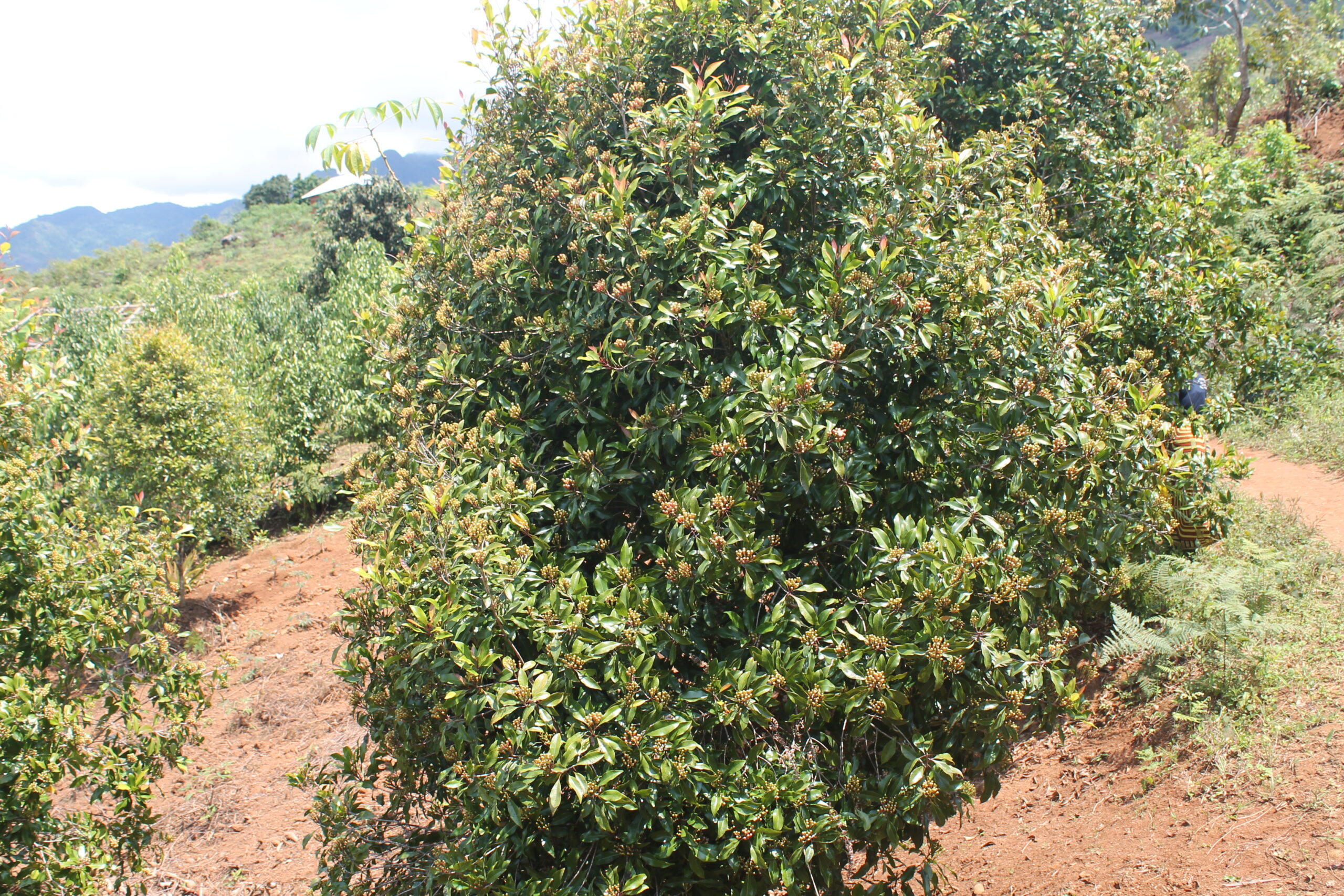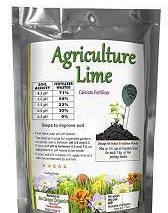Kenyan Deputy President Calls for Increased Farmer Income to Reflect High Dollar Exchange Rate
By Kilimokwanza.org Team
Kenyan Deputy President Rigathi Gachagua has called for strategic actions to maximize the benefits for farmers from the currently high US dollar exchange rate. During a notable agricultural event, Gachagua highlighted that since numerous Kenyan agricultural products are priced in US dollars, the advantageous exchange rate should logically lead to increased earnings for farmers.
Gachagua pointed out, “When the dollar exchange rate is high, it should positively reflect in the farmers’ income,” underlining the importance of equitable gains from the exchange rate fluctuations. Although he did not provide detailed proposals, Kilimokwanza.org Team see the possible policy initiatives, including:
- Revision of Minimum Guaranteed Prices: The Kenyan government could review and possibly raise the minimum guaranteed prices for essential crops to mirror the appreciating dollar, ensuring farmers are fairly compensated.
- Enhancement of Market Access: Addressing the challenges faced by farmers in accessing markets could be pivotal. Investing in better infrastructure and logistics could bridge the gap between farmers and lucrative markets, ensuring they receive competitive prices for their produce.
- Minimization of Post-Harvest Losses: A significant percentage of agricultural produce in Kenya is wasted due to inadequate storage and handling. Implementing measures to curb these losses would mean farmers can sell a greater volume of their harvest, boosting their income.
These discussions emerge against the backdrop of rising living costs in Kenya, with escalating food prices significantly affecting household budgets. According to a report by the Kenya National Bureau of Statistics (KNBS), food inflation soared to 17.13% in January 2024, exacerbating the financial burden on families.
While a stronger dollar presents an opportunity for farmers to gain, it also increases the cost of imports, affecting consumers. Thus, the Kenyan government is tasked with the delicate balance of formulating policies that not only favor farmers but also protect consumers from the adverse effects of these economic dynamics.


